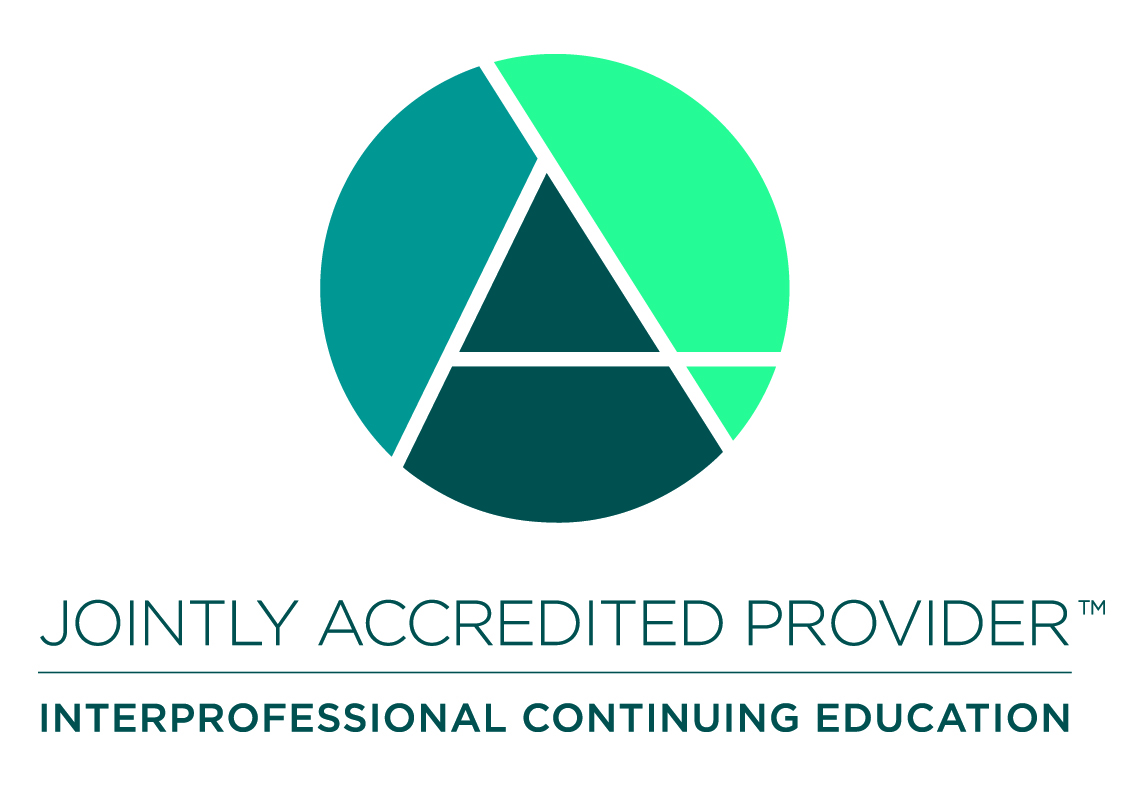
0790_CPMC_New Therapies for Myasthenia Gravis_Live
Description:
The treatment options for myasthenia gravis patients have grown considerably over the past two years, with the FDA approving several innovative therapies that work through different mechanisms to reduce disease-causing antibodies and inflammation. Currently, multiple promising treatments are being studied in late-stage clinical trials, showing encouraging results and offering hope for even more personalized care approaches. This session will explore how these new therapies are changing the way we treat MG, giving clinicians more tools to tailor treatment to each patient's unique needs.
Assembly Bills 1195 & 241- Culturally Appropriate Care which is Free of Implicit Biases:
Learners are strongly encouraged to engage in self-directed learning related to the impact of implicit biases in this clinical area via the references provided below:
Hughes, T., Howard Jr, J. F., Silvestri, N. J., Anderson, A. E., Sato, M., Suchotliff, S., ... & Phillips, G. (2023). The economic burden of individuals living with generalized myasthenia gravis and facing social determinants of health challenges. Frontiers in Public Health, 11, 1247931.
Qi, C., Narayanaswami, P., Anderson, A. E., Gelinas, D., Li, Y., Guptill, J. T., ... & Phillips, G. (2025). Racial disparities in acute care utilization among individuals with myasthenia gravis. Frontiers in Public Health, 13, 1448803.
Target Audience
Physicians (MD or DO)
Physician Assistant (PA)
Psychologists
Other Healthcare Professionals
Students of Health Professions
Learning Objectives
By the end of this learning activity, participants will be able to:
1. Review pathophysiologic targets for the treatment of myasthenia
2. Describe assessment tools for myasthenia gravis
3. Discuss recent randomized controlled trials leading to newly approved therapeutics for the treatment of myasthenia gravis
4. Identify the potential benefit and limitation of newly authorized drugs in the field
Disclosure of Financial or In-Kind Commercial Support & Conflict of Interest
Kenneth Laxer, planner for this presentation, receives speaker fees from SK Life Sciences. This ineligible relationship was deemed not relevant to this Grand Rounds topic and therefore did not require mitigation.
No one else involved in the planning or presentation of this educational activity have any relevant financial relationship(s) to disclose with ineligible companies whose primary business is producing, marketing, selling, re-selling, or distributing healthcare products used by or on patients. No financial or in-kind commercial support was received to produce or promote this educational activity.
– Provider Designee/Verification: Fozia Ferozali, Ed.D.
Juliet Alexa Jenkins, MB ChB, MA, MRCP
Accreditation

In support of improving patient care, Sutter Health, is jointly accredited by the Accreditation Council for Continuing Medical Education (ACCME), the Accreditation Council for Pharmacy Education (ACPE), the American Nurses Credentialing Center (ANCC), and the Association of Social Work Boards (ASWB) to provide continuing education for the healthcare team.
Credit Designation Statement
Sutter Health designates this LIVE activity for a maximum of 1.00 AMA PRA Category 1 Credits™ for physicians. Learners should claim only the credit commensurate with the extent of their participation in the activity.
Attendance & Credit Claiming
Text the 6-letter attendance verification code to (916) 866-7913 to claim credit.
Available Credit
- 1.00 AMA PRA Category 1 Credit™
Physician Credit
Sutter Health designates this Live activity for a maximum of 1.00 AMA PRA Category 1 Credit™ for physicians. Physicians should claim only the credit commensurate with the extent of their participation in the activity.
- 1.00 Non-Physician Participation Credit
Sutter Health designates this Live activity for a maximum of 1.00 Non-Physician Participation Credit. Non-Physicians should claim only the credit commensurate with the extent of their participation in the activity.
AMA PRA Category 1 Credits HOURS™ Continuing Medical Education is acceptable for meeting the continuing education requirements for Pharmacists, Physician Assistants, Psychologists, Registered Nurses, and Respiratory Care Practitioners. For other disciplines, please check with the regulatory board for your discipline to confirm what type of credits meet the continuing education requirements. Continuing education hours for nurses accredited by ANCC, via Joint Accreditation.

 Facebook
Facebook X
X LinkedIn
LinkedIn Forward
Forward